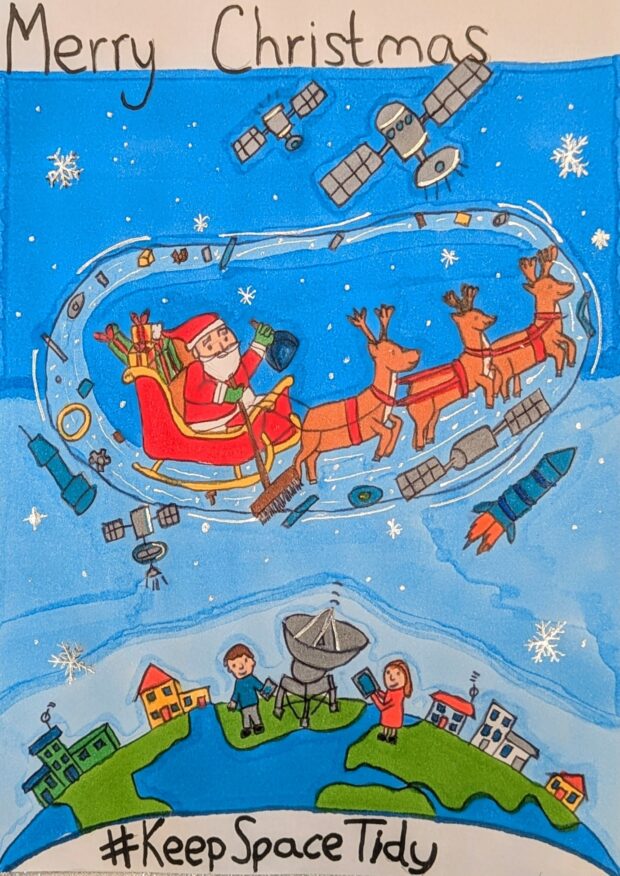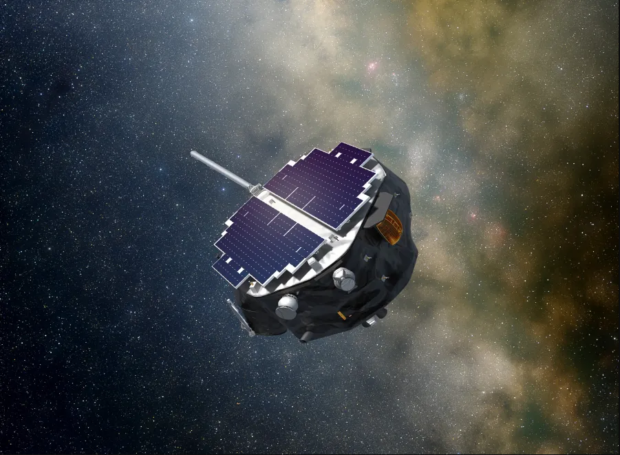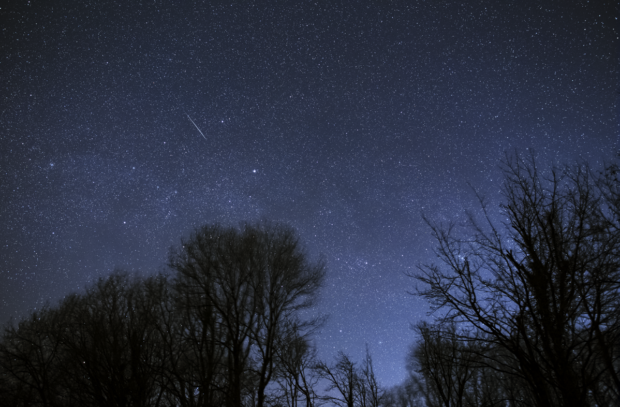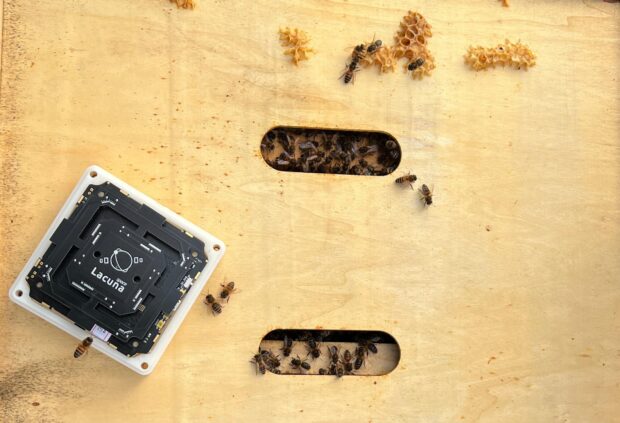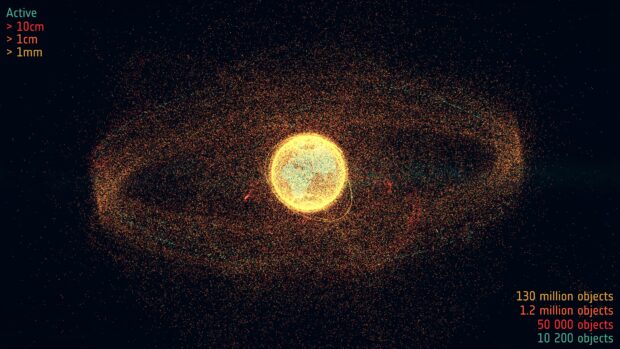At the Space Economy Summit 2025 in Florida, the UK Space Agency’s Unlocking Space team, with the support of the Space and Aerospace Department for Business and Trade, brought UK expertise into direct dialogue with some of the USA’s most influential investors, innovators and government partners.
We are delighted to announce the winners of the UK Space Agency’s 2025 Christmas Card Design Competition. This year, we were overwhelmed by the creativity and passion shown by people inspired by the theme of space sustainability.
Imperial researchers celebrate a landmark achievement as NASA’s IMAP mission sends back its first data from space.
The peak of the Geminid meteor shower occurs this weekend and with the Moon out of the way you’ve got a great opportunity to spot shooting stars.
As they prepare to launch the “Wisdom of the Trail” satellites, Lacuna Space reflects on nine years of innovation and UK-grown collaboration that helped shape a new era of satellite IoT.
The UK Space Agency has awarded more than £380,000 across 10 technical studies to support international research into space debris through the Inter-Agency Space Debris Coordination Committee (IADC).
Design a Christmas card about keeping Santa and the satellites we all rely on every day safe! 🛰️🎅🛷
The UK Space Agency has announced a collaboration with the United Nations Environment Programme’s International Methane Emissions Observatory (IMEO), reinforcing the UK’s leadership in tackling one of the most urgent climate challenges: methane emissions.
Together, the UK Space Agency and JAXA have led the global Earth observation (EO) community through shared purpose, technical excellence, and strategic alignment.
The UK Space Agency has launched the Accelerating Investment Export Pathway, a new pilot programme designed to help early-stage space businesses prepare for international growth and become export-ready.

